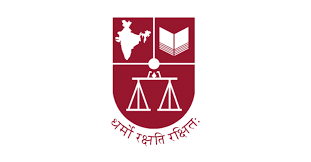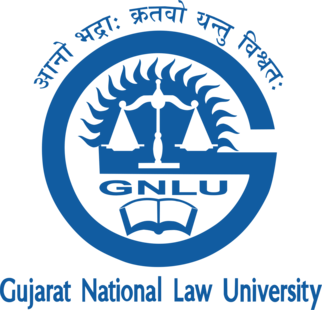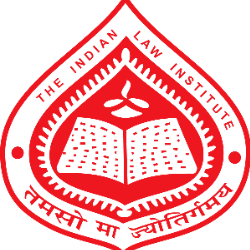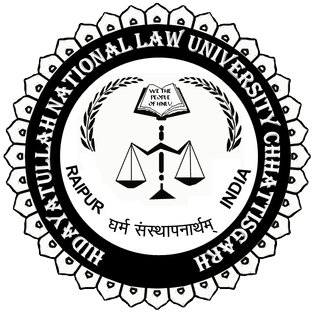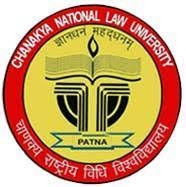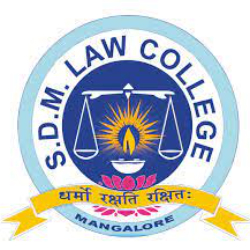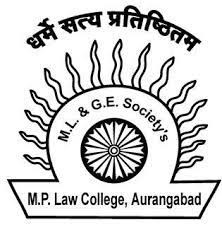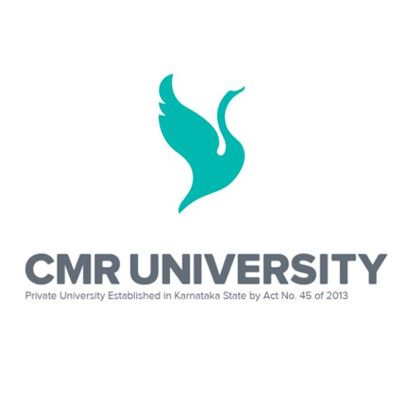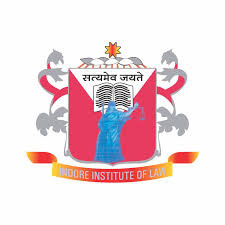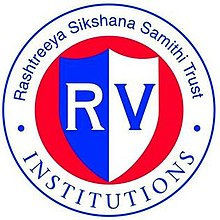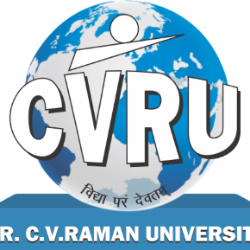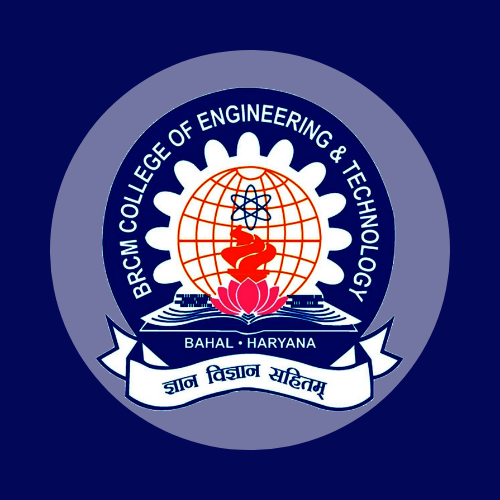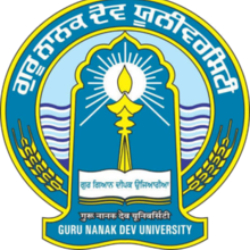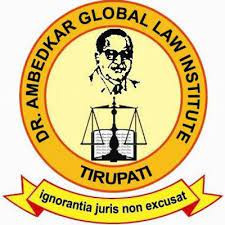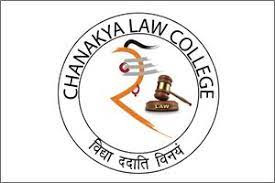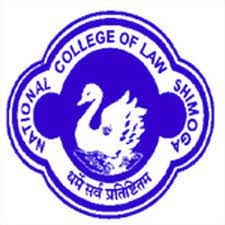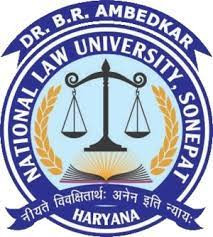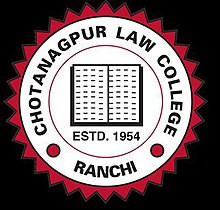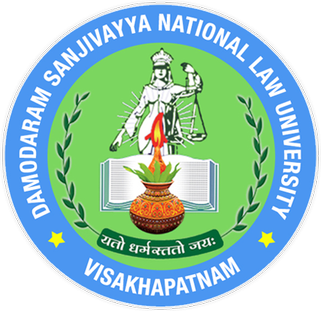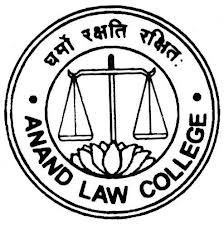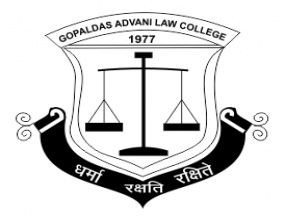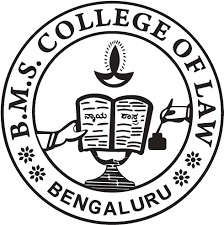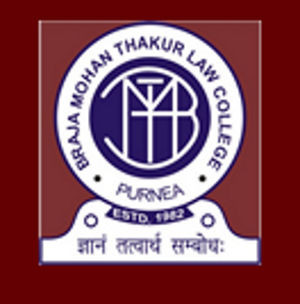With increased industrialisation and digitisation, law courses have grown beyond civil and criminal cases to include specialisations such as cyber law, business law, family law, etc. Pursuing a law degree can instil a sense of responsibility and leadership in an individual.
What is Law?
Law is the study of legal subjects related to business issues, civil issues, political issues, human rights, economics, etc. You learn to deal with various societal conflicts by pursuing a law degree. It is the foundation of the Indian constitution.
The first law degree was granted in 1987 by the Bar Council of India (BCI) under the Advocate Act of 1961. The National Law School of India (NLS) was the first law school established in Bangalore. However, nowadays, many colleges and universities have started offering law courses all over the country.
LLB Highlights: -
| Course Name | Bachelor of Legislative Law |
| LLB Course Level | Graduate |
| LLB Course Duration | 3 years |
| LLB Course Eligibility | Graduate in any stream |
| LLB Course Education mode | Full-time |
| LLB Course Admission Process | Merit and Entrance Exams |
| LLB Course Entrance Exams | LSAT, SLAT, MH CET, AIBE, CLAT UG, AILET, sate CLAT, NMILLB LAT, BUP CET Law |
| LLB Course Fees | Rs 60,000 - Rs 10.00 Lakhs |
BA LLB Highlights: -
| Course Name | Bachelor of Arts and Bachelor of Legislative Law |
| BA LLB Course Level | Graduation |
| BA LLB Course Duration | 5 years |
| BA LLB Course Eligibility | 12th in any stream |
| BA LLB Education mode | Full-time |
| BA LLB Course Admission Process | Merit and Entrance Exams |
| BA LLB Course Entrance Exams | LSAT, SLAT, MH CET, AIBE, CLAT UG, AILET, sate CLAT, NMILLB LAT, BUP CET Law |
| BA LLB Course Fees | Rs 80,000 - Rs 10.00 Lakh |
LLM Highlights: -
| Course Name | Masters of Legislative Law |
| LLM Course Level | Postgraduate |
| LLM Course Duration | 2 years |
| LLM Course Eligibility | LLB Graduate |
| LLM Course Education mode | Full-time |
| LLM Course Admission Process | Merit and Entrance Exams |
| LLM Course Entrance Exams | CLAT PG, AILET PG, LSAT India, IPU CET , DU LLM, TISS NET, BHU PET PG, AP PG LAWCET, TS PG LAWCET, CUSAT PG, CET PG, CUCET PG |
| LLM Course Fees | Rs 1.00 Lakh - Rs 10.00 Lakhs |
BA LLB Course Eligibility Criteria:
Candidates have to complete 12th in any stream with a minimum of 50% aggregate marks.
Candidates may have to give an entrance exam for the admission.
LLB Course Eligibility Criteria:
Candidates have to complete graduation in any stream with a minimum of 50% aggregate marks.
Candidates may have to give an entrance exam for the admission.
LLM Course Eligibility Criteria:
- Candidates have to complete LLB from a recognised university with 50% aggregate marks in their degree.
- Candidates may have to give an entrance exam for the admission.
- Candidates may have to give personal interviews and group discussions to assess their understanding of the subject.
Undergraduate Law Courses:
Law has evolved to be one of the most professional and prestigious courses. Many universities offer various integrated 5-year long integrated law courses after the 12th. Here’s a list of common law courses that you can pursue after completing your 12th from a recognised board:
- Bachelor of Legislative Law (LLB)
- B.A. + LLB (Integrated Course)
- Bachelor of Socio-Legal Science & Bachelor of Legislative Law (B.S.L. + LLB)
- Diploma in Law (after completion of bachelors course)
Postgraduate Law Courses:
You can easily opt for pursuing a career in law after completing your graduation in any discipline. The following are some common postgraduate law courses that you can pursue to make a successful career in law:
- Master of Legislative Law (LLM)
- LLM in Constitutional Law & Administrative Law
- LLM in Corporate Law
- LLM in Criminal Law
- LLM in Family Law
- LLM in Cyber Law
- Postgraduate Diploma in Law
- MA + LLM (Integrated Course)
- M.Com + LLM (Integrated Course)
Entrance Exams:
To get into some of the best institutions and universities, law students must take a variety of entrance examinations. Here's a list of the top law entrance examinations you should take to begin a career in the legal profession:
- CLAT: Common Law Admission Test
CLAT is one of the most popular entrance tests for law students. It is a national-level examination designed to identify qualified applicants for admission to National Law Universities. The Consortium of National Law Universities organises this exam to give admission to several UG and PG courses, including B.A. + LLB and B.Sc. + LLB, and B.Com. + LLB, B.S.W. + LLB, and LLM. - LSAT: Law School Admission Test
LSAT is another national-level law entrance exam administered by the Law School Admission Council (LSAC). Candidates who pass this exam are eligible for admission to several private institutions and universities affiliated with the LSAC Global Alliance. It provides entrance to various integrated undergraduate legal courses, LLB and LLM. - AIL LET: Army Institute of Law Entrance Test.
The Army Institute of Legal in Mohali annually organises a Law Entrance Test (AIL LET) to select legal students for admission to a 5-year combined B.A. + LLB program. AIL uses this test to pick the best candidates for 100 available seats. Candidates must attempt 200 questions divided into four sections: Mental Ability, Law Aptitude, General English, and General Awareness. - AILET: All India Law Entrance Test
The National Legal University of Delhi is ranked among India's top legal schools. It runs AILET annually to identify deserving legal students for admission to B.A. + LLB and LLM programs. It provides 110 undergraduate places and 70 postgraduate seats. AILET is also a national-level entrance exam administered in an offline format. - SLAT: Symbiosis Law Admission Test
Symbiosis International University conducts the SLAT every year. It is used to identify qualified students for admission to various Symbiosis Law Schools nationwide. Symbiosis provides 1080 seats for undergraduate law courses. It is a highly sought-after university in India.
Top Law Colleges in India 2024:
Top Law Colleges | Average Fees |
Rs 3.50 - Rs 4.00 lakhs | |
Rs 4.00 - Rs 4.50 lakhs | |
Rs 2.50 - Rs 3.00 lakhs | |
Rs 2.00 - Rs 2.50 lakhs | |
Rs 2.00 - Rs 2.50 lakhs | |
Rs 2.50 - Rs 3.00 lakhs | |
Rs 1.00 - Rs 1.50 lakhs | |
Rs 1.50 - Rs 2.00 lakhs | |
Rs 20,000 - Rs 30,000 | |
Rs 1.50 - Rs 2.00 lakhs | |
Saveetha Institute Of Medical and Technical Sciences - Chennai | Rs 1.00 - Rs 1.50 lakhs |
Rs 1.50 - Rs 2.00 lakhs | |
Rs 1.50 - Rs 2.00 lakhs | |
Rs 2.00 - Rs 2.50 lakhs | |
Rs 1.00 - Rs 1.50 lakhs | |
Rs 20,000 - Rs 30,000 | |
Rs 1.50 - Rs 2.00 lakhs | |
Rs 2.00 - Rs 2.50 lakhs | |
Rs 1.00 - Rs 1.50 lakhs | |
Rs 1.50 - Rs 2.00 lakhs |
Employment after LAW Course: -
Job Profiles | Average Salary (Lakhs Per Annum) |
Associate Advocates | Rs. 3.00 - Rs 5.00 LPA |
Business Lawyer | Rs. 5.50 - Rs 7.00 LPA |
Corporate Events Associates | Rs. 2.50 - Rs 5.00 LPA |
Corporate Lawyer | Rs. 3.00 - Rs 7.00 LPA |
Law Administrator | Rs 3.00 - Rs 7.00 LPA |
Legal Advisor | Rs 3.00 - Rs 6.00 LPA |
Legal Counsel | Rs 5.00 - Rs 8.00 LPA |
Legal Publisher | Rs 1.70 - Rs 3.00 LPA |
Lecturer | Rs 4.00 - Rs 7.00 LPA |
Family Lawyer | Rs 3.00 - Rs 8.00 LPA |
IT Sector Lawyer | Rs 3.50 - Rs 6.90 LPA |
Cyber Lawyer | Rs 4.30 - Rs 6.00 LPA |
Criminal Lawyer | Rs 2.40 - Rs 10.00 LPA |
Solicitor | Rs 2.00 - Rs 4.50 LPA |
Criminologist | Rs 3.00 - Rs 10.00 LPA |
FAQs
- What is the full form of LLB?
LLB full form stands for Bachelor of Legislative Law. - What is an LLB degree in Law?
LLB is a professional law degree which is considered the basic eligibility for anyone who wants to pursue the prestigious profession of a lawyer or advocate in India. - Can I pursue an LLB Course through distance education?
The Bar Council of India does not allow any LLB degree through correspondence. - What are LLB course subjects?
Main LLB subjects are Family Law, Constitutional Law, Banking and Insurance Law, Human Right Law, Private International Law, International Economic Law, Environmental Law, Election Law, etc. are some of the major subjects taught in LLB. - What is the difference between CLAT and AILET exam?
Both these exams are for law admissions in top universities in India. The basic difference between them is in the difference of exam pattern. In CLAT, aspirants need to attempt a total of 200 multiple choice questions in two hours whereas, in AILET, aspirants need to attempt 150 questions in one and a half hour duration. - What is the eligibility criteria to study for an LLB degree in India?
The basic LLB eligibility criteria is a graduate degree in any discipline from a recognised institute.
- Is Criminal Law a good career option?
Criminal law, arguably among the most well-known legal disciplines, keeps the legal system running smoothly. Criminal law may be the right field for you if you want to work in a contested area of the law while assisting people through challenging and complex life situations.
- Is Criminal Law tough?
Criminal law is challenging, but if you're up for the task, you won't find a more interesting, varied, or stimulating legal career.
- What are the job profiles after completing LLM in Criminal Law?
There are many job profiles for LLM in Criminal Law like; Criminal Lawyer, Solicitor, Criminologist, Law Professor/Lecturer, Standing Counsel, Attorney General.
- What are the subjects of LLM in Criminal Law?
The major subjects in LLM Criminal Law are listed below:
- Criminal Psychology
- Forensic Science
- Criminal Procedures
- Criminal Justice
- Penology & Victimology
- Law Ethics
- Legal Research
- IPC
- CrPC
- Narcotics
- Juvenile Justice


